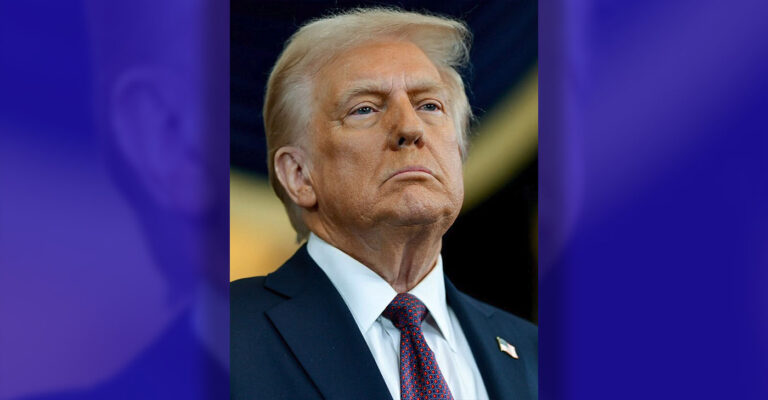By Stacy M. Brown
Black Press USA Senior National Correspondent
They had the audacity, the gall, the hypocrisy to condemn Zohran Mamdani, the newly elected mayor of New York City, while opening the White House to a man their own government once called a terrorist. It was not long ago that the U.S. Embassy in Syria published a “Rewards for Justice” notice for Muhammad al-Jawlani, offering ten million dollars for his capture. His face, his name, and his crimes were displayed for the world to see. That poster remains online even now, an unaltered monument to America’s selective memory.
Yet this month, that same man, now known as Ahmad al-Sharaa, was greeted in the Oval Office as a partner and friend. The president who bans Muslims, mocks immigrants, and threatens to deport an elected official of color, smiled warmly for the cameras beside a man once sworn to jihad. He called their meeting “friendly and forward-looking” and praised al-Sharaa’s “vision for peace.” The irony was suffocating.
Al-Sharaa, who once commanded al-Qaeda’s branch in Syria, now leads the very nation he once helped destroy. His journey from fugitive to head of state may astonish the world, but America’s acceptance of him reveals something far more telling. Trump’s government, which once condemned Syria’s militants as the scourge of civilization, now celebrates their leader as an ally. Perfume was sprayed, hands were clasped, and jokes about wives filled the air where solemnity should have stood.
Meanwhile, in the same breath, the same government seeks to strip Zohran Mamdani of his citizenship. They accuse him of deceit, of sympathizing with terrorists, of bringing danger into America’s heart. His only crime is being Muslim and refusing to bow. Born in Uganda, raised in New York, and dedicated to serving its people, Mamdani ran a campaign focused on housing and affordability. For that, he was branded a threat. His opponents called him a “communist,” a “jihadist,” and worse. They moved to bar him from office, claiming he lied on his citizenship papers, though no such proof exists.
To his supporters, Mamdani stands for the very ideals this nation claims to defend. Yet the same leaders who cheer for a man with blood on his hands work tirelessly to silence a man with none. When Mamdani spoke of the cruel normalcy of Islamophobia, he described not just prejudice, but policy. It has become acceptable, even expected, for power in this nation to punish the devout and uplift the dangerous, to vilify the righteous and sanctify the reformed militant.
How easily the American conscience bends when profit, politics, or spectacle call. They will weep for victims of terror while shaking hands with its architects. They will warn of radicalism while applauding those who once preached it. And they will condemn the faithful who dare to lead in peace, because their peace threatens the myth of superiority.
A nation that once vowed to bring terrorists to justice now protects them in the halls of its highest office. The president who vowed to protect America from Islam now embraces a man who once led its enemies in battle. Yet a Muslim mayor, chosen by the people, is told he does not belong.
Such contradictions do not mark strength, but moral decay. A country that rewards violence and punishes virtue stands stripped of its own credibility. This is not the land of freedom it claims to be. It is a land that kneels before its own hypocrisy.
“To be Muslim in New York is to expect indignity. But indignity does not make us distinct; there are many New Yorkers who face it,” Mamdani stated. “It is the tolerance of that indignity that does. No more will New York be a city where you can traffic in Islamophobia and win an election.”





